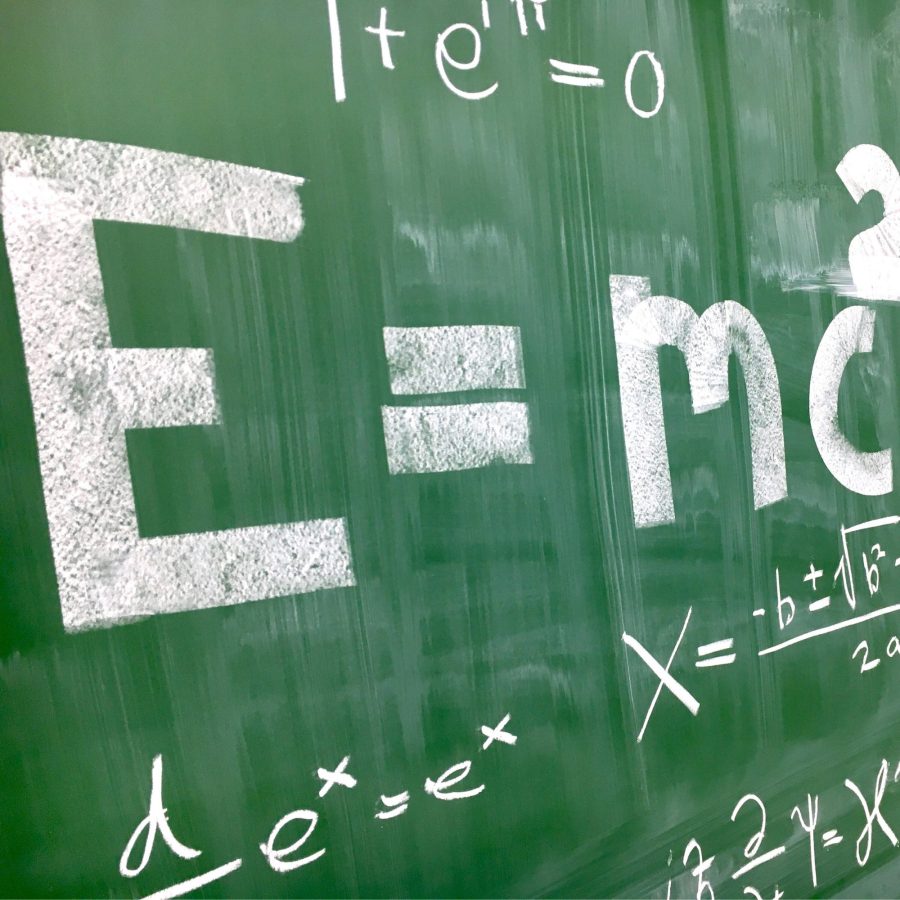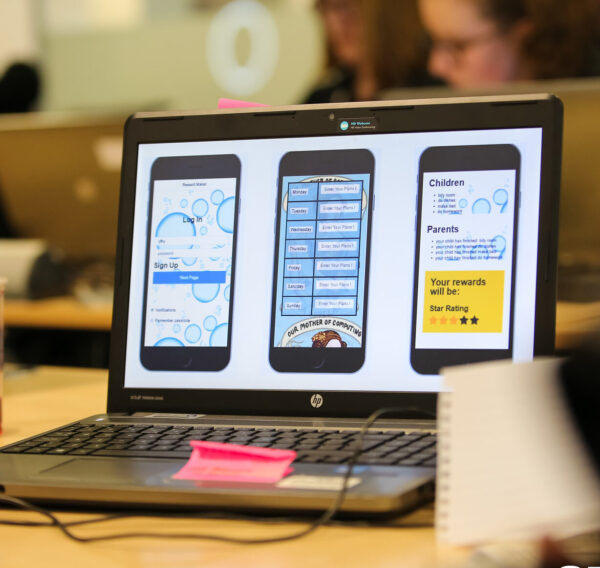Physics often has a stigma attached to it of being useless in everyday life. The age-old questions “When do we even use this in real life?” or “How is this relevant to anything?” are no strangers in Physics classrooms. But the reality is we would be nowhere without the subject. Physics tries to explain the world around us in a way that makes it easier for us to comprehend.
When we study Physics, we try to understand the workings of reality, the world and the universe. With this understanding, we are equipped with the knowledge and tools to come up with new innovations. These new innovations are not restricted to one discipline. There are significant theoretical and practical contributions within Engineering, Chemistry, Biology and Medicine. The obvious career choices are teaching, academia or research – for example, NASA, the European Space Agency, CERN. However, there are so many other things you can do with this fundamental science.
Here is a list of 8 things you didn’t know you can do with a physics degree…
1) Forensic Science
Projectiles are introduced at A-level, and are a key part of forensics. They allow analyses of a weapon and how it was used/ how a certain impact occurred. Physics is vital in reconstructing crime scenes based on mapping trajectories of bullets or even where certain evidence can be found. Both Chemistry and Physics also come into play together, with techniques such as spectroscopy used to identify chemicals.
2) Weather Forecasting, Meteorology, Natural Disasters
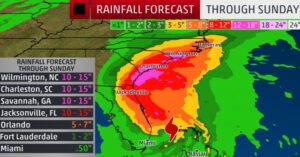
The Physics of fluids, Fluid Dynamics/ Mechanics, is a powerful tool. We live in a world where 71% of the surface is water and we are alive because of the fact that the Earth has an atmosphere. The chaotic behaviour of fluids can, in fact, be modelled by a series of mathematical equations subject to varying conditions. This allows us to track weather changes and also make predictions. Again, in A Level Mathematics, the differential equations we are introduced to play a massive role. Due to their complexity, combined with some handy coding techniques we can solve and model the development of weather systems and forecast the movement of extreme events like hurricanes, tornados, tsunamis, lava flows.
Read a cool article about the pioneers of weather forecasting >>
3) Game development and Animations
During a physics degree, you spend a fair amount of time coding. The equations you work with either are too complicated to work out by hand, or not possible to solve exactly (so we look to get close to the answer). Computers and code do these calculations a lot quicker than us mere humans. But this experience means you have the tools to develop games, apps, animations and interactive resources.
A fun read on the role of physics in games >>
4) Econophysics
As the population increases and new exciting technologies emerge, some concepts merge to aid our creativity. Econophysics is a research field, taking elements of Physics theory are applied to the field of Economics to make Econophysics. Due to the high probabilistic nature of people, markets and stocks, mathematical formulations used to describe statistical mechanics are used in social sciences. This discipline is still quite young which screams even more potential. Read more here >>
5) Medical Physics
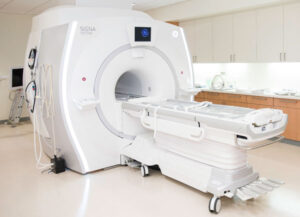
Medicine has become more reliable due to a better understanding of human biology, chemistry and physics. Physics has been particularly useful in the development of non-destructive diagnostic techniques including:
- X-ray imaging
- MRI
- Ultrasound
- PET
- NMR
But also the development of many of the methods and technologies required for treatment. An important example of this includes medical linear accelerators in cancer radiation therapy to target and destroy tumours. These all come under applications of things taught in schools: electromagnetism, fluid mechanics, radioactivity, optics and more. Thanks to Physics, we can save lives.
To find out more about all the cool medical physics research going on >>
6) Finance and Accounting
The finance and accounting worlds use the same skills as those in a Physics degree. All of the exposure you may have gained in statistics and programming are things many big finance firms look for in employees. Finance and accounting jobs are well-paid jobs. These are often popular choices amongst Physics graduates.
An interesting read on why banks want physics students >>
7) Art Conservation and Analytics
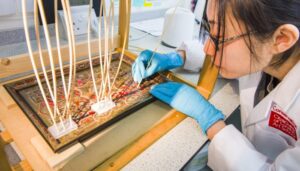
Laser physics, interferometry and spectroscopy techniques allow us to study works of art and the methods, techniques and media behind them. This is particularly important in the art sector from a research perspective but also in art conservation.
8) Computer technology and Cryptography
The Quantum world is something everyone likes to fantasise about from time to time. The fact that Schrodinger’s cat can be both alive and dead at the same time opens up some amazing technological possibilities. Physicists, engineers and computer scientists are working on more advanced computers which can reach much higher speeds of computation and handle more data. Instead of the binary 1 and 0 system, we now have data encoded into qubits which can be both 1 and 0 at the same time. There is also plenty of research into creating an almost impenetrable encryption system. This is based on a phenomenon called wave function collapse. If a system faces an attempted break-in, the system will be forced to change in a way that would immediately be able to tip us off.
These are a few examples of some of the weird and wonderful things you may not have penned down as being applications of Physics. One of the most beautiful things about Physics is how versatile it is and it definitely doesn’t show any signs of slowing down any time soon!
A degree in Physics is almost like an all-access key in a world full of doors. It is creative, logical, artistic, abstract and very real and physical all at the same time. Studying physics is never boring.
This article was written by Sparshita, from Oxford University.
